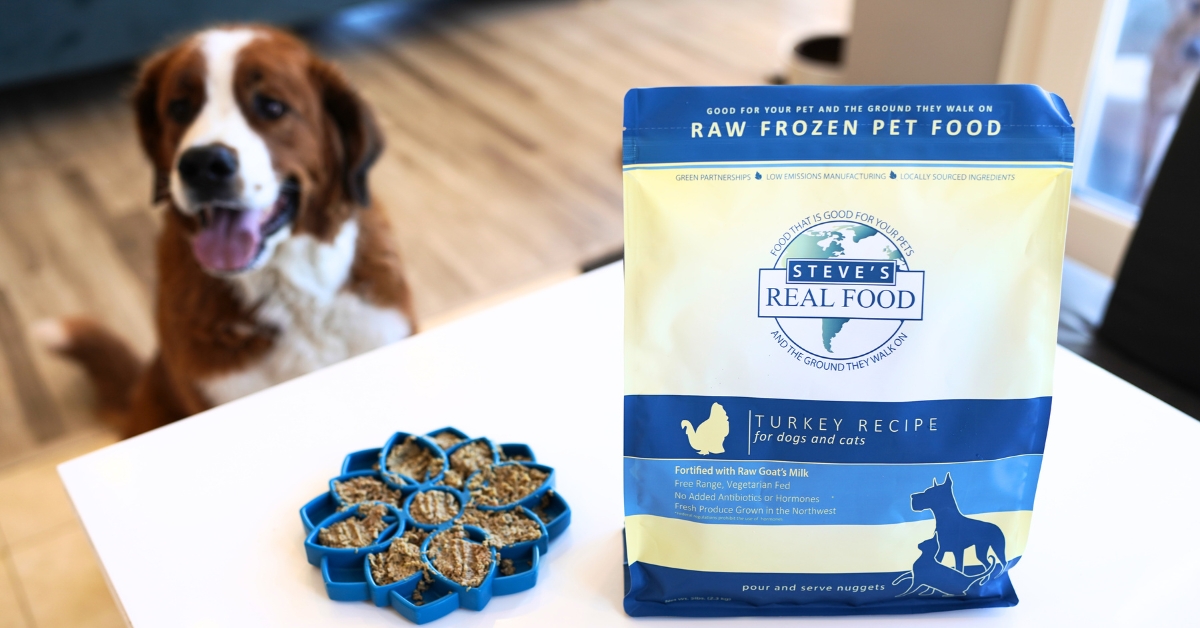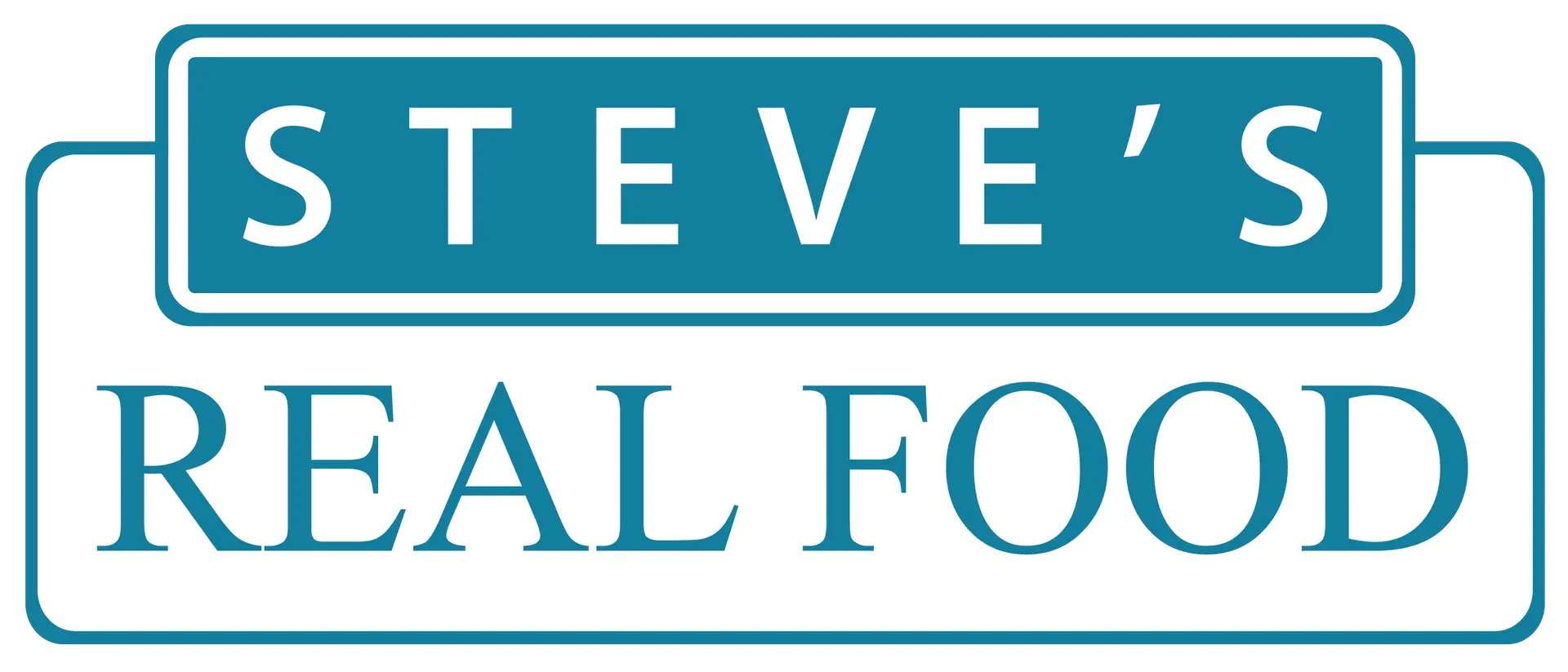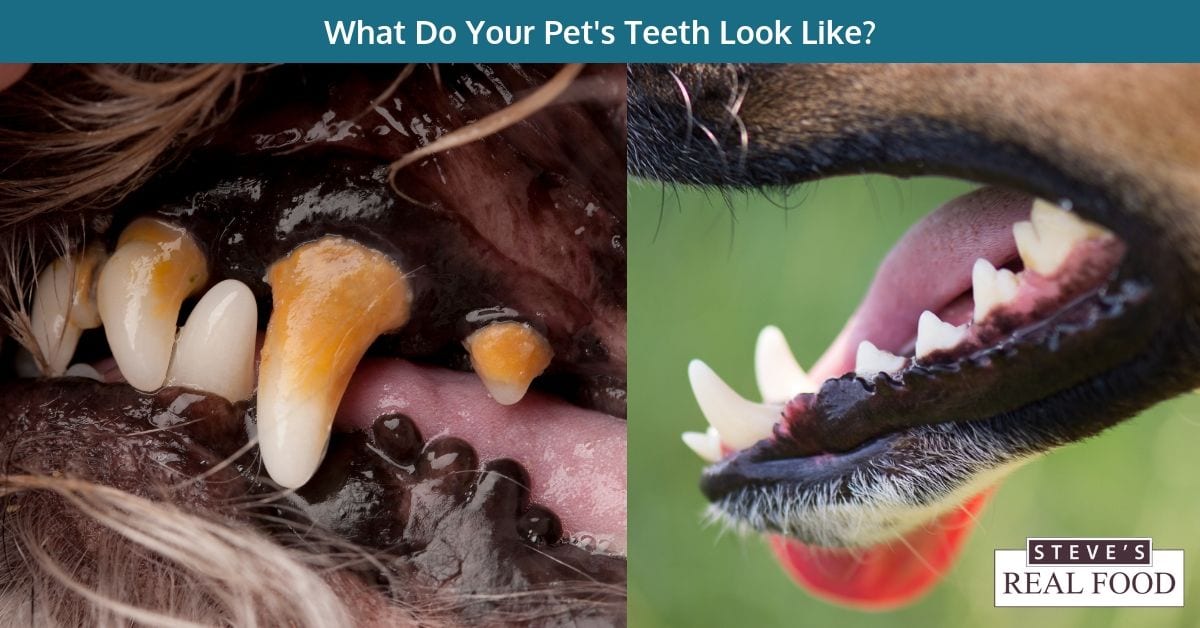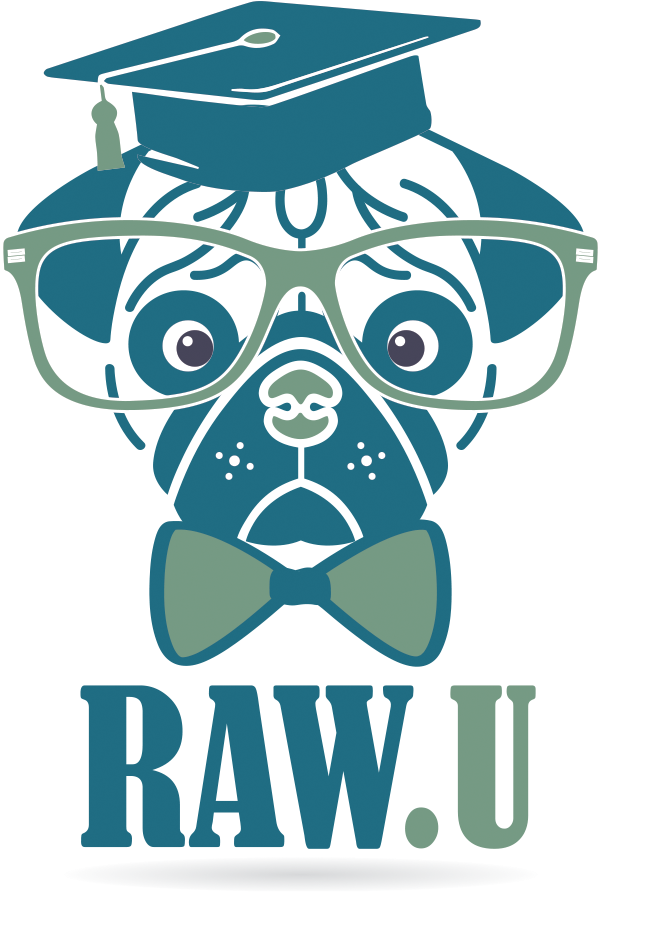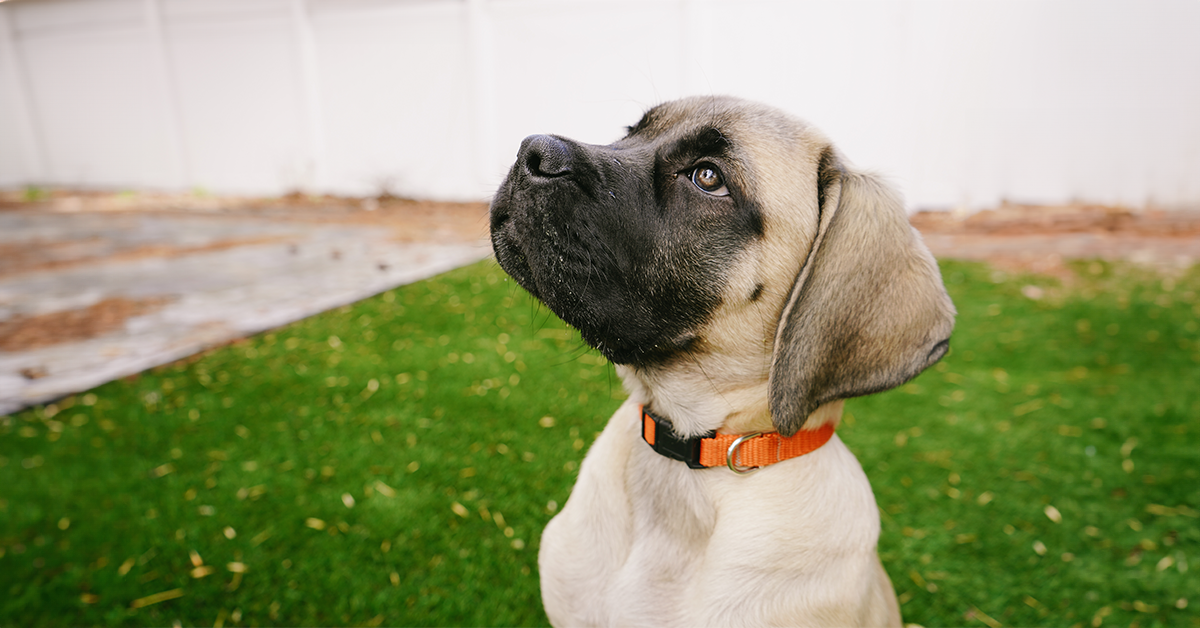Most dog owners go a long way to keep their four-legged friend healthy; routine checkups, regular exercise, quality food, and so on. But what about his dental health? According to the National Center for Biotechnology Information (NCBI),
periodontal disease is the most common oral disease in dogs. A healthy dog’s teeth should be white and free of tartar and plaque. They should also not be broken or jagged.
The Importance of Dental Health for Your Dog
Proper dental hygiene is a critical part of your dog’s overall wellbeing. The plaque which builds up on your dog’s teeth is a mixture of food debris, oral bacteria, and proteins in your pet’s saliva. Plaque forms a biofilm that sticks to a tooth’s surface. Plaque requires physical scrubbing to remove, and once cleaned, it can return in under 24 hours. The plaque hardens to form tartar (a.k.a. calculus), a rock-hard crust that forms along the gum line, which is a perfect breeding ground for harmful bacteria. This leads to gum infection (gingivitis) or gum inflammation. Gingivitis leads to the spread of harmful inflammatory substances known as cytokines through the bloodstream to internal organs such as the heart, pancreas, kidneys, and the liver. Thus, periodontal disease is linked to heart disease, diabetes, and other diseases in dogs.
The Major Source of Dental Disease in Dogs
Although the lack of proper dental hygiene and old age contribute to periodontal disease in dogs, the major source of such is an improper diet. Contrary to the belief that kibble helps maintain good dental health, the truth is that kibble is what crunchy crackers are to your teeth. They can only succeed in removing some of the plaque on your dog’s teeth but will be ineffective in removing the plaque on the gumline.
The predominant ingredient in most kibble products is starches or carbohydrates which are used to bind ingredients to form the kibble shape.
As dogs do not have the enzyme amylase in their saliva to break down the starch, the bacteria in the mouth feed on these sugars and carbohydrates. This leads to rapid tartar and plaque buildup, which explains why dogs that feed on kibble have more dental issues than those which feed on raw diets and bones.
Your pet’s immune system responds by trying to fight back the bacteria build-up which leads to inflammation or gingivitis. This is the onset of periodontal disease.
If left untreated, tartar continues to build up and pulls the gumline away from the teeth. This creates pockets where more bacteria grow. This causes tissue and bone deterioration causing your pet to lose its teeth.
Benefits of Raw Pet Food and Raw Bones on Your Dog’s Teeth
The best way to prevent periodontal disease in your dog is by providing it with the best diet; raw meaty bones and raw pet food. When your pet is gnawing on a raw bone, they have to chew through the meat and bone which helps scrape off the plaque on its teeth. In addition, raw meat has live enzymes that destroy the dangerous bacteria which build up on your pet’s gums. Chewing on a bone provides your dog with an outlet for their natural species-appropriate behavior. It releases calming endorphins and exercises your dog’s jaws, neck, and shoulders.
Raw diets are a natural dental abrasive, that effectively acts as a toothbrush when your pet is eating. Raw diets are also rich sources of minerals, calcium, phosphorus, and protein. Raw pet foods contain natural live enzymes as well as “good” bacteria which help prevent plaque and tartar buildup. Raw and barf diets also provide a suitable habitat for your pet’s healthy oral microbiome.
Final Thoughts
Professional dental cleaning under anesthesia has become quite common and can be attributed to starch laden diets and kibble.
In fact, a recent study shows that raw fed dogs showed signs of dental diseases when fed with kibble for only 17 days. You can avoid this by ensuring that you provide raw meaty bones and a natural diet to your pets.
